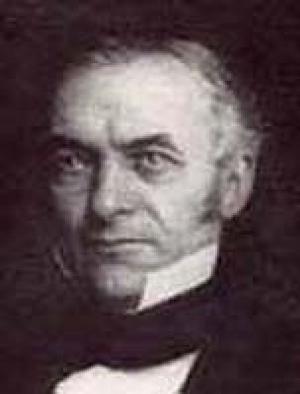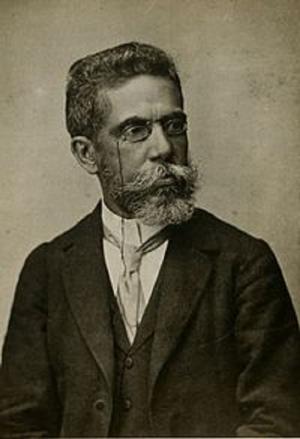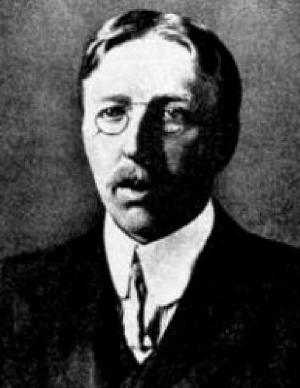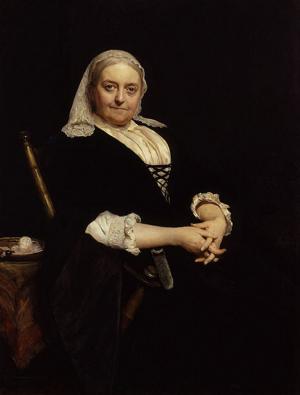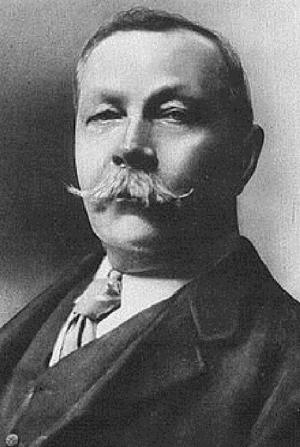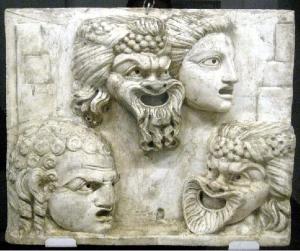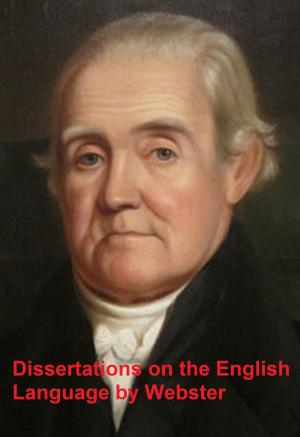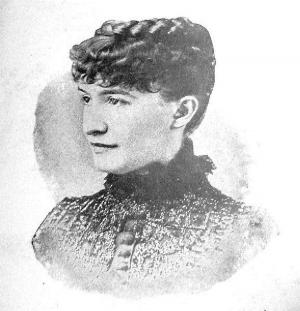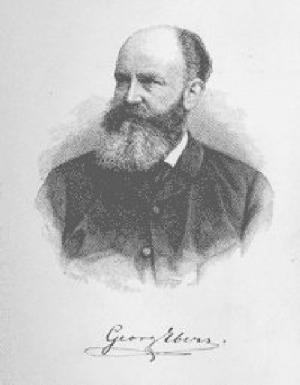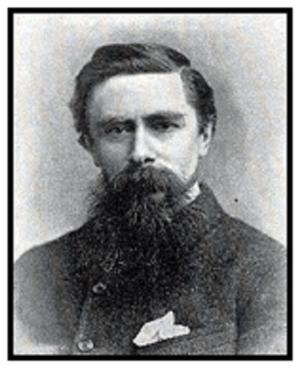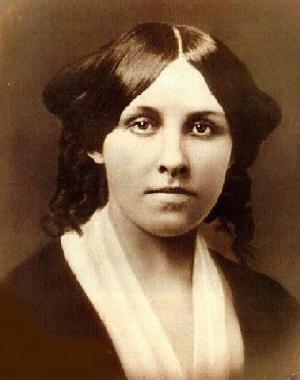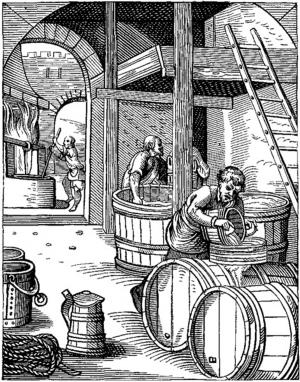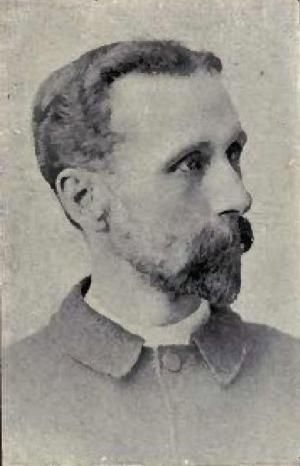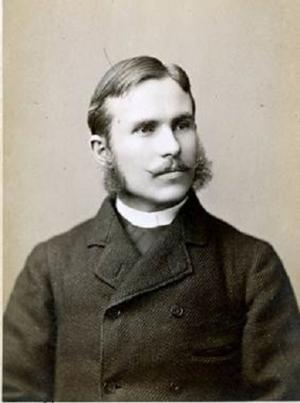| Author: | Wilhelm Hauff | ISBN: | 9781455402007 |
| Publisher: | B&R Samizdat Express | Publication: | December 15, 2009 |
| Imprint: | Language: | English |
| Author: | Wilhelm Hauff |
| ISBN: | 9781455402007 |
| Publisher: | B&R Samizdat Express |
| Publication: | December 15, 2009 |
| Imprint: | |
| Language: | English |
The Wine-Ghosts of Bremen: Hauff wrote before Poe and in the same vein. Near the beginning of this classic first-person horror novel, the narrator introduces himself: "It wasn't sleepiness though. I am not a habitual dormouse, and don't like being called one. No, I meant to be thoroughly awake that night, and one of my friends--it was you, Hermann--said as much when he got outside. 'He didn't look sleepy,' I heard him say, 'with those bright eyes of his. But he looked like a man who had been drinking either too much or too little, which probably means that he is going to make a night of it with the bottle, and alone.' "According to Wikipedia: "Wilhelm Hauff (November 29, 1802 November 18, 1827) was born in Stuttgart, the son of August Friedrich Hauff, a secretary in the ministry of foreign affairs, and Hedwig Wilhelmine Elsaesser Hauff... Considering his brief life, Hauff was an extraordinarily prolific writer. The freshness and originality of his talent, his inventiveness, and his genial humour have won him a high place among the southern German prose writers of the early nineteenth century."
The Wine-Ghosts of Bremen: Hauff wrote before Poe and in the same vein. Near the beginning of this classic first-person horror novel, the narrator introduces himself: "It wasn't sleepiness though. I am not a habitual dormouse, and don't like being called one. No, I meant to be thoroughly awake that night, and one of my friends--it was you, Hermann--said as much when he got outside. 'He didn't look sleepy,' I heard him say, 'with those bright eyes of his. But he looked like a man who had been drinking either too much or too little, which probably means that he is going to make a night of it with the bottle, and alone.' "According to Wikipedia: "Wilhelm Hauff (November 29, 1802 November 18, 1827) was born in Stuttgart, the son of August Friedrich Hauff, a secretary in the ministry of foreign affairs, and Hedwig Wilhelmine Elsaesser Hauff... Considering his brief life, Hauff was an extraordinarily prolific writer. The freshness and originality of his talent, his inventiveness, and his genial humour have won him a high place among the southern German prose writers of the early nineteenth century."

